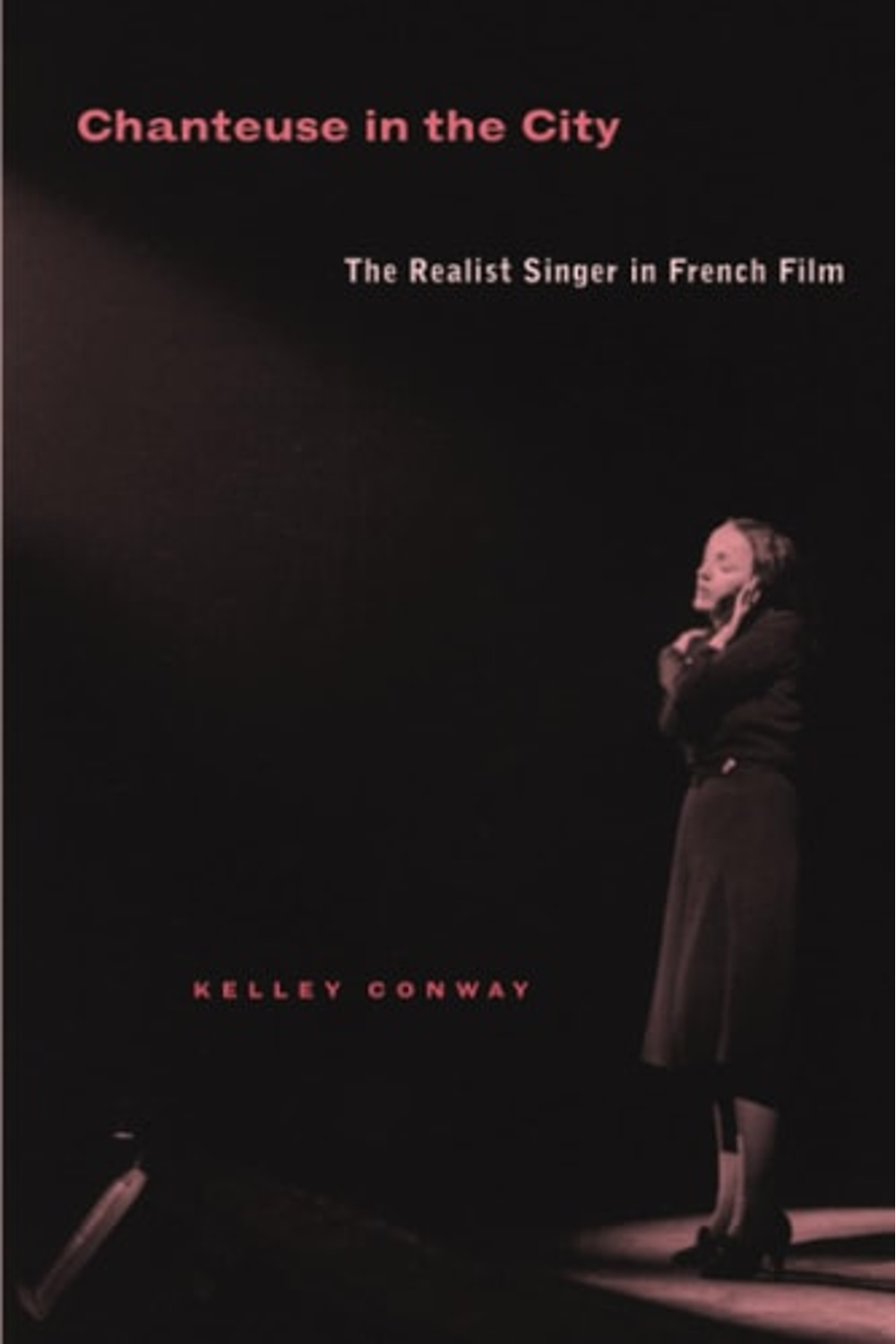Delve into the vibrant world of early 20th-century Paris with Kelley Conway’s “Chanteuse in the City: The Realist Singer in French Film.” This critically acclaimed study reclaims the vital role of female performers Mistinguett, Josephine Baker, Frhel, and Damia in shaping French cinema and culture. Conway goes beyond mere biography, analyzing how these *chanteuses ralistes* (realist singers) voiced the concerns and desires of working-class women through their songs and stage personas. Explore the smoky cabarets and glittering music halls where these artists challenged social norms, portraying female desire, economic hardship, and disillusionment with raw authenticity. Conway skillfully connects their performances to iconic films like *Pp le Moko* and *Zouzou*, revealing how these films used popular song to express female experiences often absent from mainstream narratives. More than just entertainers, these women were cultural commentators, shaping a new identity for women in a rapidly changing France. Perfect for scholars and enthusiasts of film, music, history, and women’s studies, “Chanteuse in the City” offers a fresh perspective on French cinema and the powerful voices that defined an era.
Chanteuse in the City: The Realist Singer in French Film
19,59 $
In stock
Long before Edith Piaf sang “La vie en rose,” her predecessors took to the stage of the belle epoque music hall, singing of female desire, the treachery of men, the harshness of working-class life, and the rough neighborhoods of Paris. Icon of working-class femininity and the underworld, the realist singer signaled the emergence of new cultural roles for women as well as shifts in the nature of popular entertainment. Chanteuse in the City provides a genealogy of realist performance through analysis of the music hall careers and film roles of Mistinguett, Josephine Baker, Frhel, and Damia. Above all, Conway offers a fresh interpretation of 1930s French cinema, emphasizing its love affair with popular song and its close connections to the music hall and the caf-concert.
Conway uncovers an important tradition of female performance in the golden era of French film, usually viewed as a cinema preoccupied with masculinity. She shows howin films such as Pp le Moko, Le Crime de Monsieur Lange, and Zouzouthe realist chanteuse addresses female despair at the hopelessness of love. Conway also sheds light on the larger cultural implications of the shift from the intimate caf-concert to the spectacular music hall, before the talkies displaced both kinds of live performance altogether.
| Authors | |
|---|---|
| Binding | |
| Condition | |
| ISBN-10 | 0520244079 |
| ISBN-13 | 9780520244078 |
| Language | |
| Pages | 273 |
| Publisher | |
| Year published | |
| Weight | 454 |
| Edition | First Edition |
- Additional information
- Currencies
- USD – United States dollar
- EUR – Euro
- GBP – Pound sterling
- CNY – Chinese yuan
- BRL – Brazilian real
- MXN – Mexican peso
- JPY – Japanese yen
- PHP – Philippine peso
- THB – Thai baht
- PLN – Polish złoty
- CAD – Canadian dollar
- MYR – Malaysian ringgit
- AUD – Australian dollar
- TWD – New Taiwan dollar
- CZK – Czech koruna
- SEK – Swedish krona
- HUF – Hungarian forint
- ILS – Israeli new shekel
- CHF – Swiss franc
- HKD – Hong Kong dollar
- DKK – Danish krone
- SGD – Singapore dollar
- NOK – Norwegian krone
- NZD – New Zealand dollar





